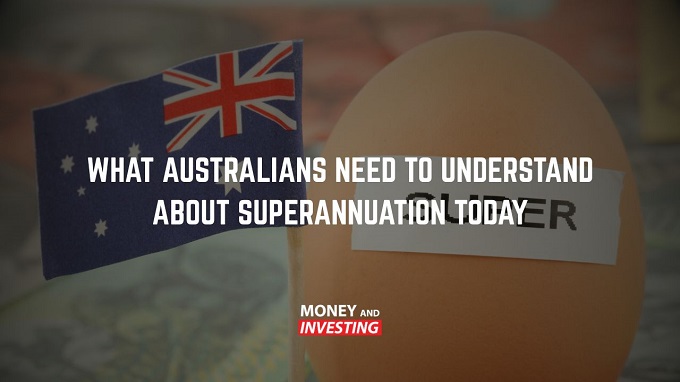The dire problem that is Europe – Andrew Bater
This European debt situation is a rudderless ship on course to crash against the “rocks of default”!
It seems like it has been months that we’ve been talking about the European sovereign debt situation, but in fact it has been years. The current problems are not a new situation that has all of a sudden appeared and investors have had to face quick decisions as to what to do with their investments.

No. The debt situations that Portugal, Italy, Ireland, Greece and Spain are undergoing are the result of years of “kicking the can down the road” – the phrase that has been coined to explain how economic problems have not properly been dealt with from the outset, creating a situation where unless there is a massive upheaval to the financial system, then we could be faced with the largest financial crisis the world has even seen.
The European Union was developed as a means for freer trade amongst partners to fight the power of the United States in controlling global economics. As part of the development of the EU, the introduction of the Euro currency meant transactions and inter-bank lending would become easier and cheaper.
But with 17 members of the 27 EU members adopting the currency, inherent problems have occurred. Primarily, that these 17 countries have far too different cultures. Compare Germany’s disciplined approach to work and manufacturing to Spain’s laid back siesta work ethic, and it is no wonder that the Germans are crying foul having to support what appears to be a sinking ship.
In addition, having a multi-country currency has meant that when a country does fall into economic crisis, such as Greece, they are unable to adjust their cash rates or print more currency in an effort to stimulate the economy. Hence Greece has raised their Bond yields to attract investors, but it would appear the only key buyers have been the EU and the IMF, with even China baulking at the opportunity to invest at high yields.
When you consider the countries that are currently in financial problems, it becomes clear that there is a lot of similarity between the cultures and the causes. It’s pretty simple really:
- Governments spend more than they have, with unrealistic budgets
- Taxes aren’t managed appropriately
- Work ethics are low, with early retirements, high superannuations and low productivity
- A laid back lifestyle where the people are unwilling to change or accept that they must take a hardline to resolve the situation.
Europe finds itself in an uncharted situation. As they attempt to bail out Greece, Italy is on the verge of default as is Spain and Portugal. But Italy is the 3rd largest economy in the EU (and the 8th in the world), with the impact of a default on debt likely to reverberate around the world.
Could this lead to a European Depression? Could this lead to the collapse of the EU?
Investors are afraid that this might be the case, and despite a lot of political wrangling amongst the leading nations (Germany, France and Italy), there has been no solid approach that they have delivered that would suggest otherwise.
How this impacts Australian investors is firstly, the sentimental decline in equity markets would reflect back on the ASX. Next, our economy is solely focussed on Asia as being a developing region where we can continue to sell natural resources. China’s largest export of goods goes to Europe. Hence, a Recession or Depression in Europe would lead to less demand from China in natural resources, which in turn will result in less exports from Australia. And while our Banking system has little direct exposure to the European banking system, the lending of money will only become tighter.
Finally, the US has been dealing with their own economic issues of slow to no growth. As they too are a major trade partner to Europe, the impact of a Depression in that region would impact the US as well, and hence, a secondary affect on our local economy.
There’s no doubt that we are in one of the most tumultuous investment periods ever experienced. Even the Great Depression of the 1920’s/30’s could pale in the shadow of a collapse of the EU. For this reason, we need to be vigilant with our investment approach. Risk management is again taking precedence to investment opportunity, and that is being reflected in our decisions through the Investor Chronicle and Covered Call services.

Comments
Post a Comment